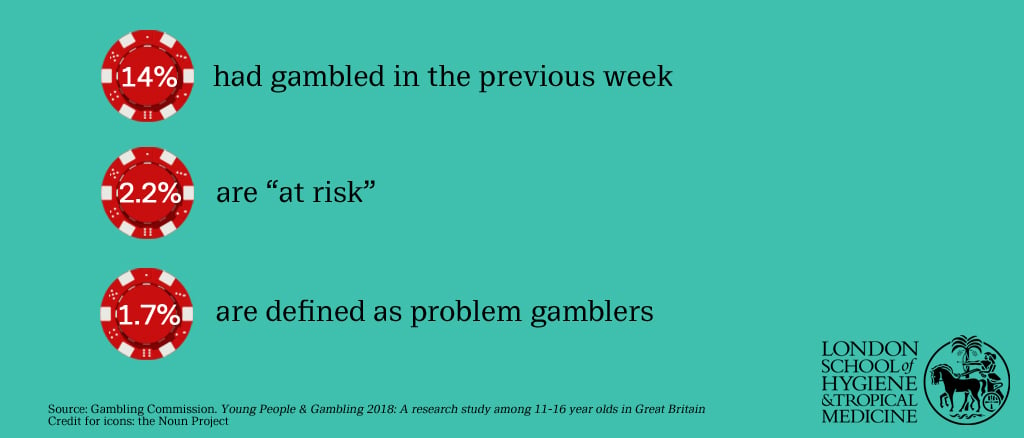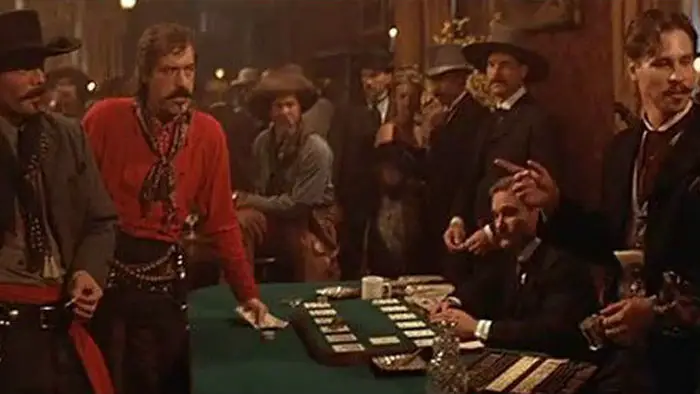Son Has Gambling Problem
- Son Has Gambling Problem Gambling
- Gambling Problem Help
- Gambling Problem Divorce
- Gambling Problem Online
- My Son Has Gambling Problem
Therefore, it might indeed have a role along with other measures suggested by the gambling addiction organisations. Hypnosis may work very very short term, but addiction is a long term problem. The thing with hypnosis it is someone else taking the problem on for him, instead if HIM taking his own problem on. Compulsive or pathological gambling takes over a family, and the effect on the children is great, as it is in other addictive families. Focus is on the gambling, perhaps not just for the gambler, but also for the spouse. The children may thus live in a world without attention, emotional validation, stability, or parental predictability. Boyfriend has an online poker problem › Add new comment my son By jane - Posted on December 31st, 2007. Tonight I was reading the posts on Paul's blog, and saw the gambling helper web address. It reminded me of how I met Paul-it was at the gh site. I posted here often, about my son, who is bets on sports.

Last updated: 10/25/2018
Author: Addictions.com Medical Review
Reading Time: 4minutes
Compulsive gambling is often referred to as a “silent killer” simply because an addiction to gambling does not always readily stand out. The signs of gambling addiction are often overlooked as something else such as a desire to play games, an urge to win money or anything but a compulsive disorder that is out of control. Often times, the desire to gamble is so strong and the addiction is so serious that severe personal and social consequences, even death, can result.
It may be difficult to recognize the signs of gambling addiction for one reason or another. According to the US National Library of Medicine, chronic gamblers often lead seemingly normal lives but in the background, there is a serious problem at hand. Eventually, the addiction will cause destructive outcomes and there will be no mistaking the signs of gambling addiction; at that point, the biggest concern will be where to find help.
1. Obsession with Gambling
Stealing in order to gamble is a sign of addiction.
One of the most common signs of gambling addiction is the obsession that comes with it. Gambling addicts are obsessed with gambling and may be preoccupied with gambling to a point in which they don’t care about anything else. Compulsive thoughts about gambling or gambling obsessively to a point in which it causes other problems in your life are just a few of the common signs of gambling addiction.
2. Unable to Stop Gambling
Have you tried to quit gambling, made an honest commitment to quit and failed? If you are unable to stop gambling despite your desire to do so, you could be a gambling addict. The inability to quit even when you want to is one of many signs of gambling addiction that most addicts tend to immediately overlook or write off as something else.
3. Gambling Despite Consequences
Has gambling caused problems in your life such as financial difficulties, loss of a job or relationship problems? Many addicts and their loved ones tend to overlook even the most prominent signs of gambling addiction such as those which are present when excessive gambling is causing consequences in life and yet the individual continues to gamble anyway.

4. Psychological Withdrawal when NOT Gambling
Sometimes, the signs of gambling addiction are very similar to the signs of other addictions such as a drug or alcohol addiction. Psychologically, when a gambling addict is not gambling, he or she may be irritable, depressed or restless. These are all signs of emotional withdrawal which results when an addict is obsessed with gambling and has a perceived “need” to gamble in order to be happy.
5. Gambling to Improve Happiness
Do you or does someone you know seemingly gamble in order to be happy or have fun? If gambling is a necessary component of your happiness or elevated mood, there’s a good chance that gambling addiction is to blame. This is one of many commonly overlooked signs of gambling addiction that both addicts and those who are close to them tend to mistake for some other problem. Gambling to mask problems, feel happy or otherwise improve your emotions is a sure sign that there is a bigger problem at hand.
6. Stealing or Otherwise Breaking the Law to Gamble
An addict will often break the law in order to have the money that they need to gamble or to recover their losses. Stealing, committing fraud or otherwise breaking the law to fuel the habit are all signs of gambling addiction that should not be overlooked and which could lead to greater consequences including jail time or probation.
Son Has Gambling Problem Gambling
7. Denying that there is a Problem
Denial is a common sign of addiction and to state that there is not a problem when there really is happens to be common ground amongst addicts. If you suspect that a loved one has a gambling problem and you have hard evidence to back it up yet he or she continues to deny the problem, it could be time to seek professional help.
8. Financial Problems
One of the most prevalent signs of gambling addiction is financial problems that result from the compulsive gambling disorder. A friend may all off a sudden have problems with his or her personal finances or they may ask to borrow money often. Compulsive gamblers depend on others to provide them with money either to gamble or to pay expenses because they lost their money gambling.
Gambling Problem Help
9. Mood Swings
Compulsive gambling, especially when the gambling takes place as part of a double life in which friends and family are unaware, can lead to excessive mood swings. Mood swings are often overlooked or mistaken for upset that is not the result of the addiction but most often, mood swings are one of the signs of gambling addiction that should be spotted early on.

Gambling Problem Divorce
10. Hiding Gambling Behavior
As compulsive gambling progresses, and the addict comes under scrutiny from his or her friends or family members, it is not uncommon for the addict to begin hiding gambling behaviors. Hiding the behavior is one of the more common signs of gambling addiction and also one that’s really hard for outsiders to spot because they don’t know what’s going on—but for the addict, recognizing that it’s wrong to hide behaviors from loved ones is a step in the right direction when it comes to finding help for a compulsive gambling disorder.
Problem Gambling can have a devastating effect on individuals and families. Older adults can face many difficulties when their adult child has developed a gambling problem. For many, a quick and easy solution to the financial problems would seem to involve paying the gambler’s debts. This strategy is not recommended as it is rarely effective over time. Many problem gamblers will return to gambling once the financial problems have been resolved with the belief that they won’t get into the same financial trouble again and, if they do, someone will bail them out again.
Gambling Problem Online
People with gambling problems have a high probability of relapsing. Promises to stop gambling usually do not last and most will return to gambling. You can’t control your adult child’s gambling behaviour, but you can limit their access to your money for gambling. Do not give or loan money to a child that has a gambling problem. The best way for you to help them is to give them support and encouragement to seek help, either with a professional counsellor or a self-help group such as Gamblers Anonymous.
My Son Has Gambling Problem
In many families with elderly parents, adult children often have power of attorney over their parents’ finances. If your son or daughter has power of attorney and you suspect they have developed a gambling problem, it is important to end that arrangement before the gambler accesses your savings to fund their gambling addiction. Talk to someone you trust so that your savings and your family assets are protected.